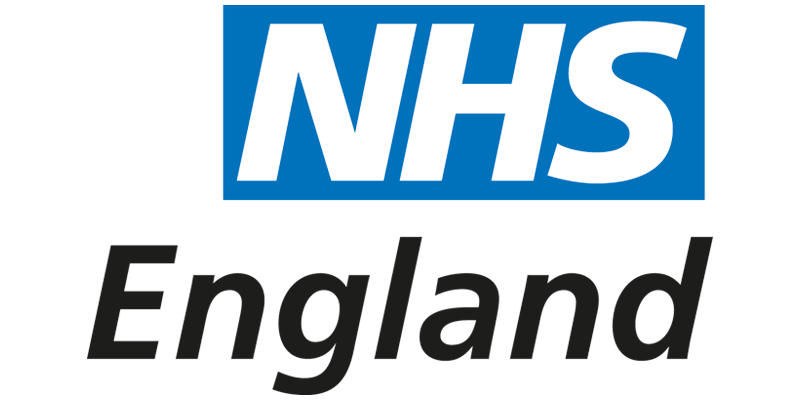- It is unlikely that your military health records will completely be in your NHS GP’s records. Tell your GP that you are military veteran
- The Armed Forces Covenant gives military veterans additional rights, but it is not for all health care. The main thing is that the condition needs to have been caused or occurred whilst you were serving. For example Mr Smith developed skin cancer as a consequence of serving overseas for many years – this would be included in this definition. However if Mr Smith required a gall bladder operation, it would be unlikely to be due to military service and he would be treated as a normal NHS patient. If the condition is thought to be due to your time in service, tell your doctor as you may be entitled to a shorter hospital waiting list.
- When you register with a GP, make sure that your practice puts it in your records that you are veteran.
- There are some specific veterans health service that your doctor could refer you to. These are for those with mental health problems, hearing loss and those who have suffered significant injuries including a limb amputation.
- With your consent, it can sometimes be helpful for your doctor to refer you to specific service charities such as SSAFA, Royal British Legion, BLESMA or Help for Heroes. They can often offer significant help and support.
- Your GP will be looking after many patients with a wide range of conditions. NHS Choices has a wide range of information on the care of the Armed Forces Community including veterans.
http://www.nhs.uk/NHSEngland/Militaryhealthcare/Pages/Militaryhealthcare.aspx

















